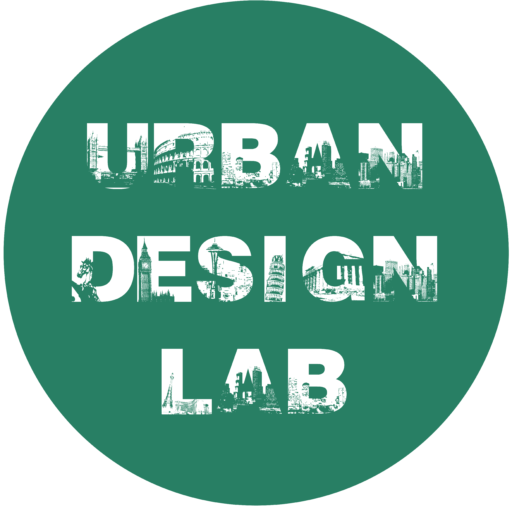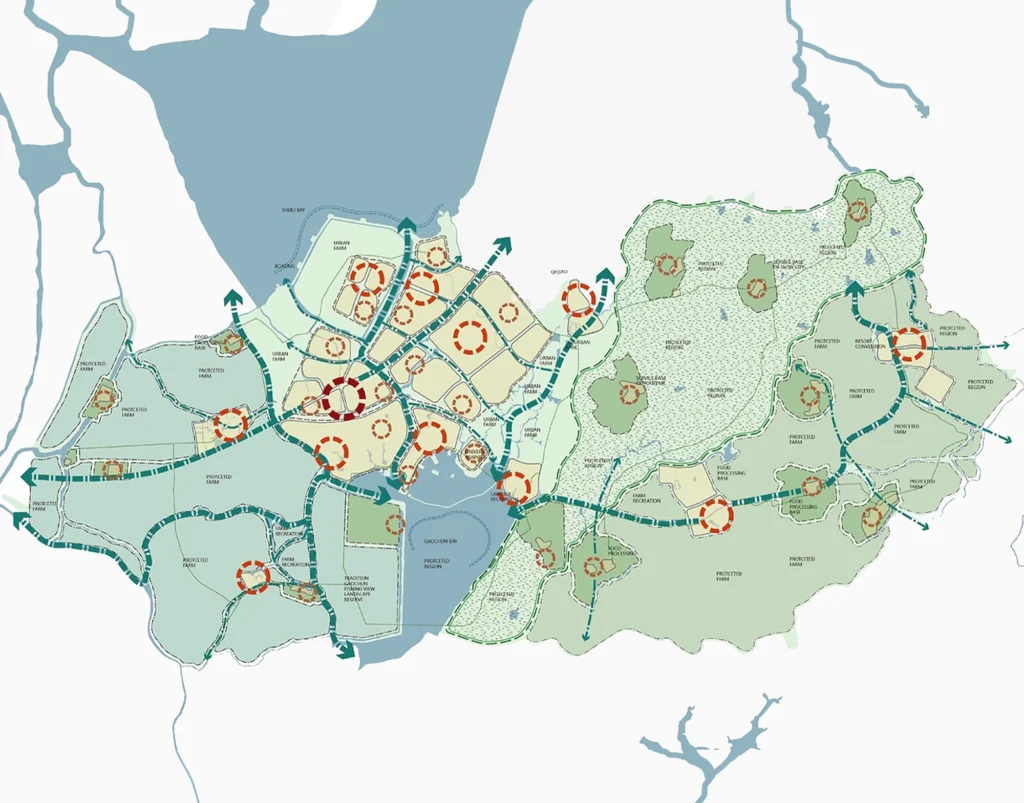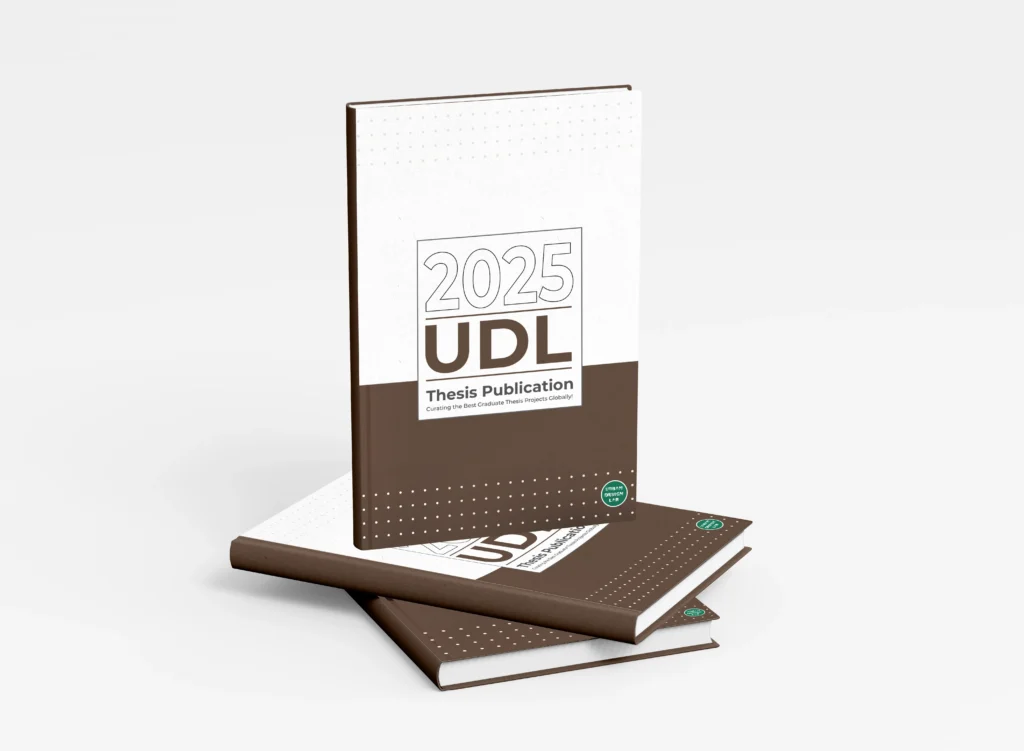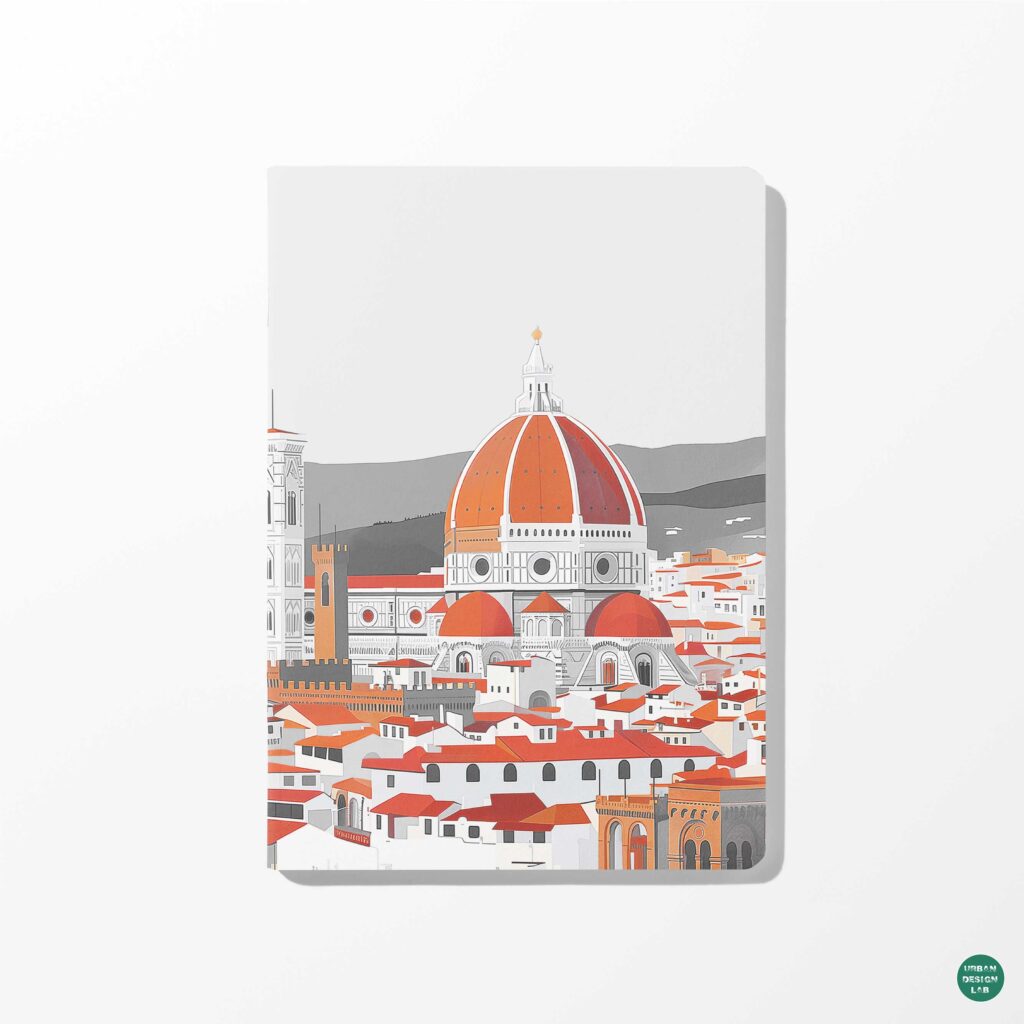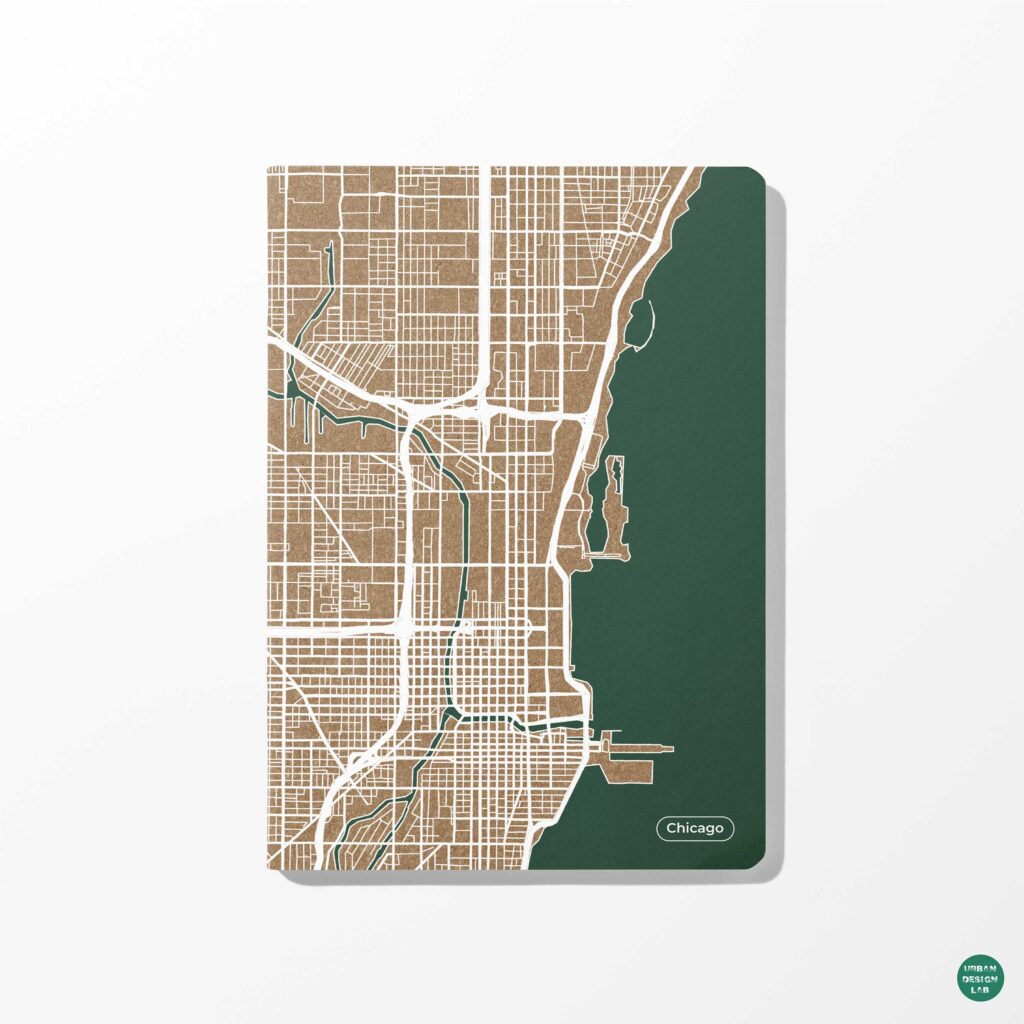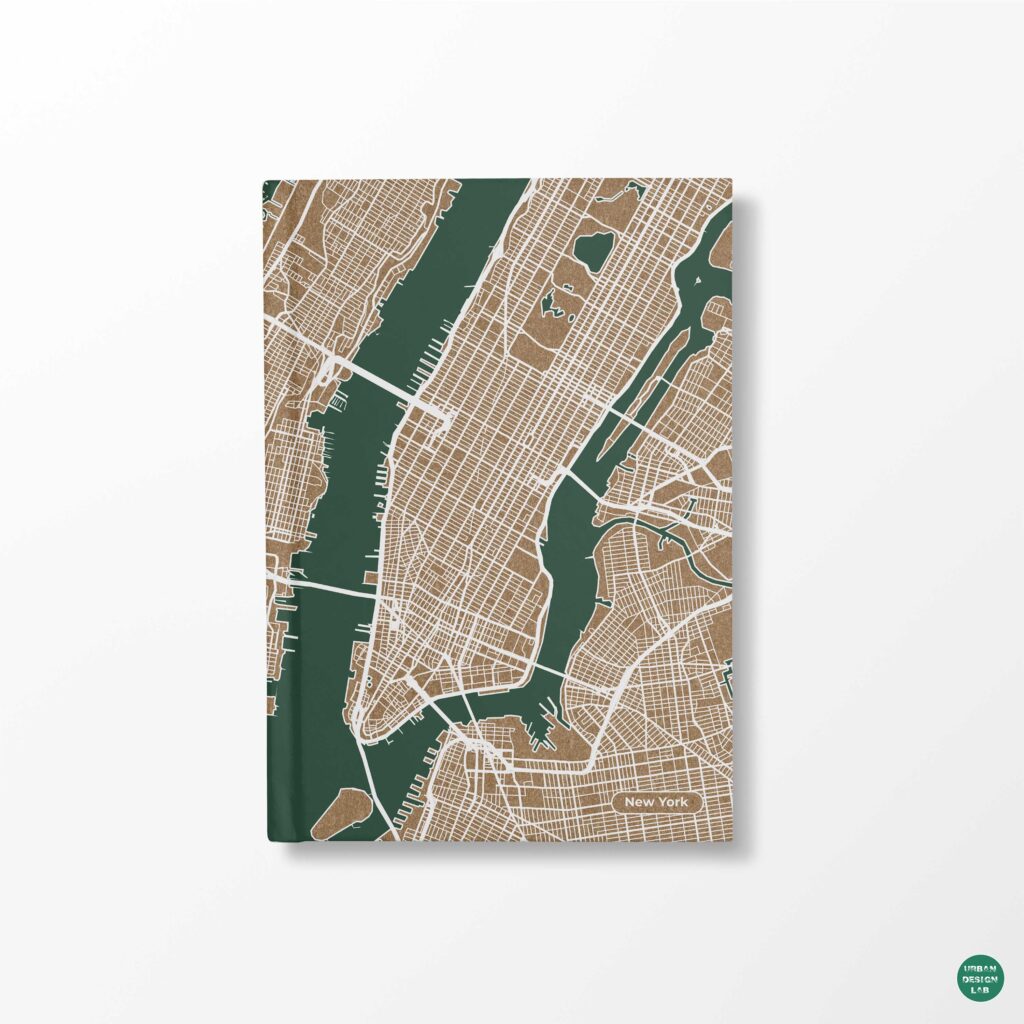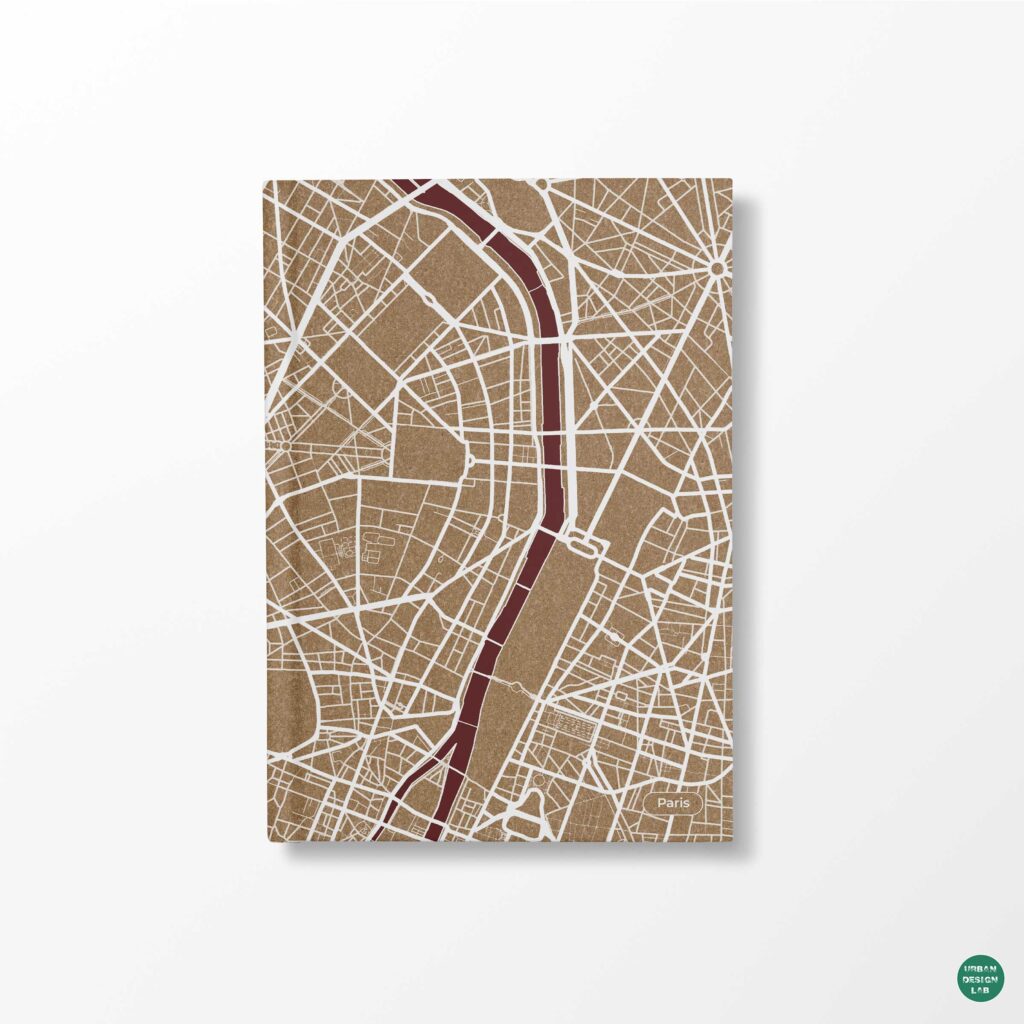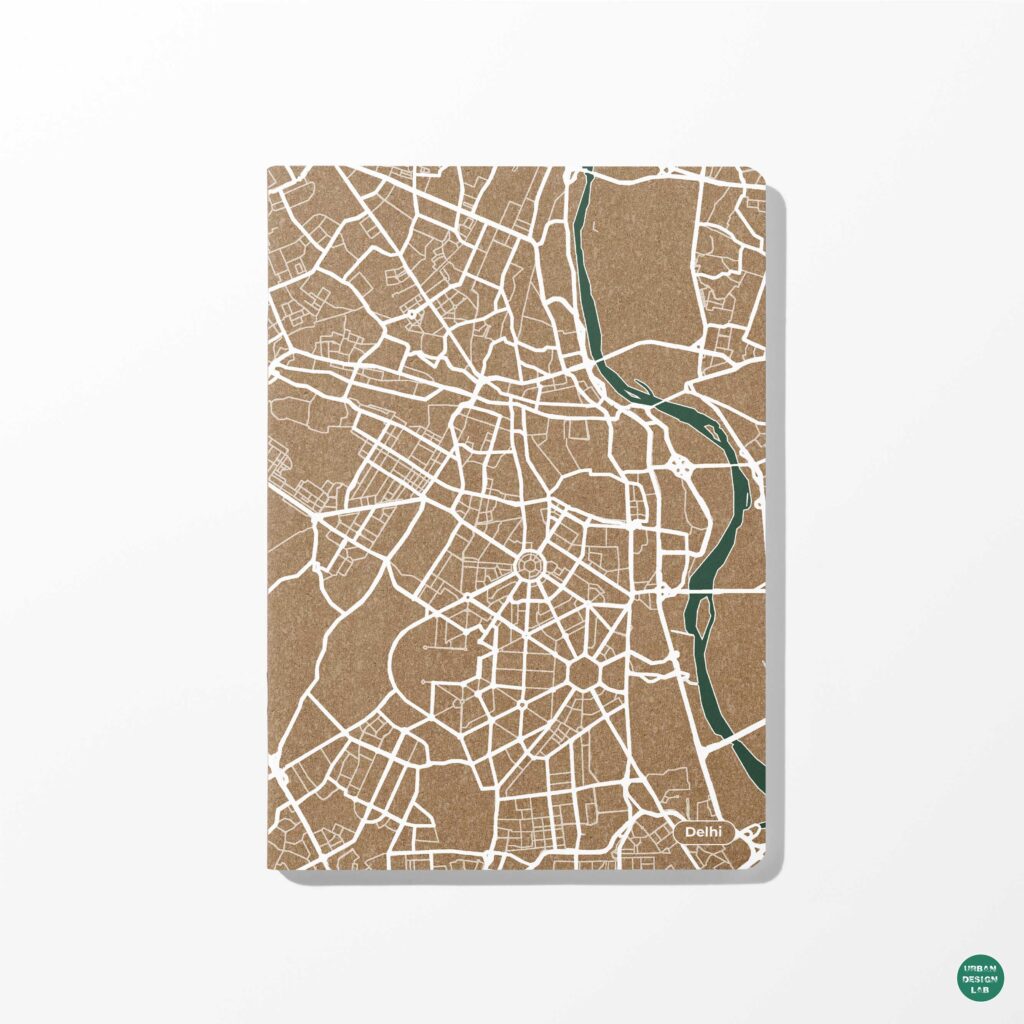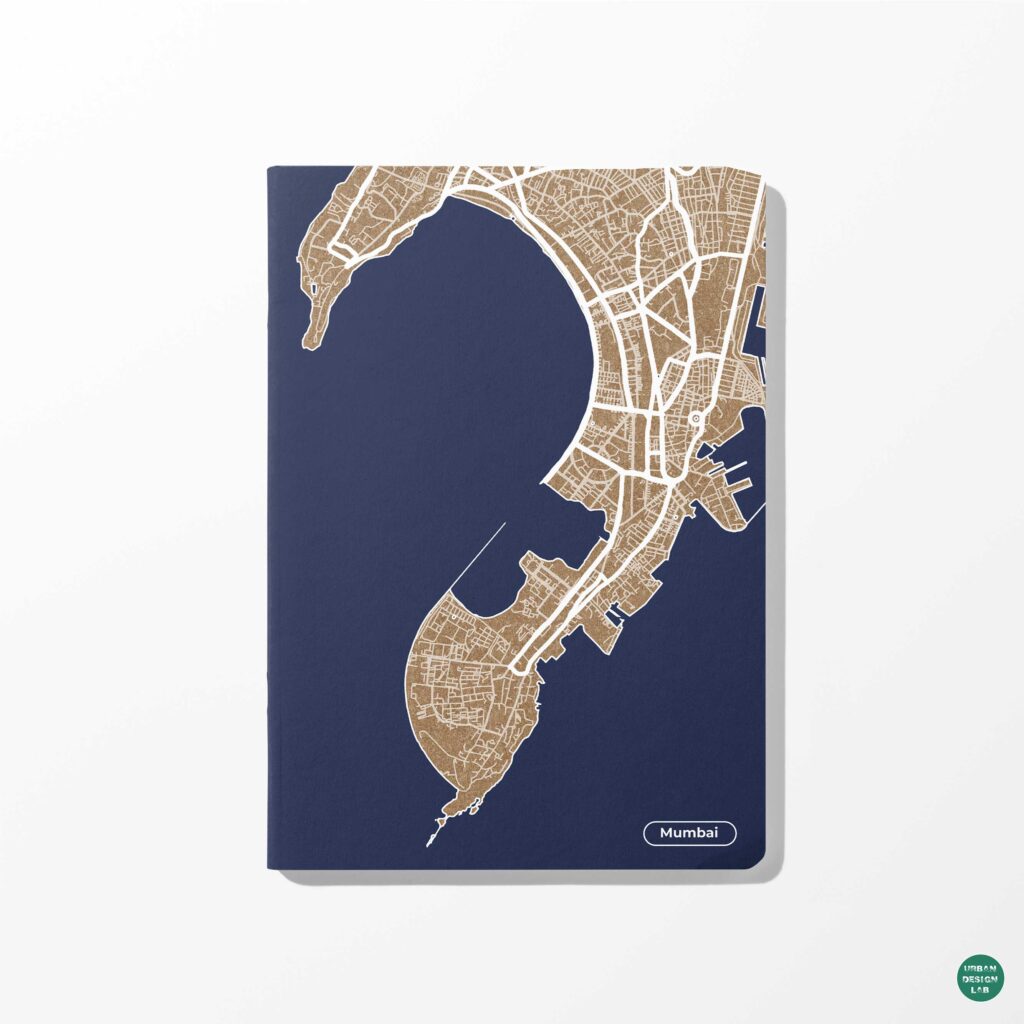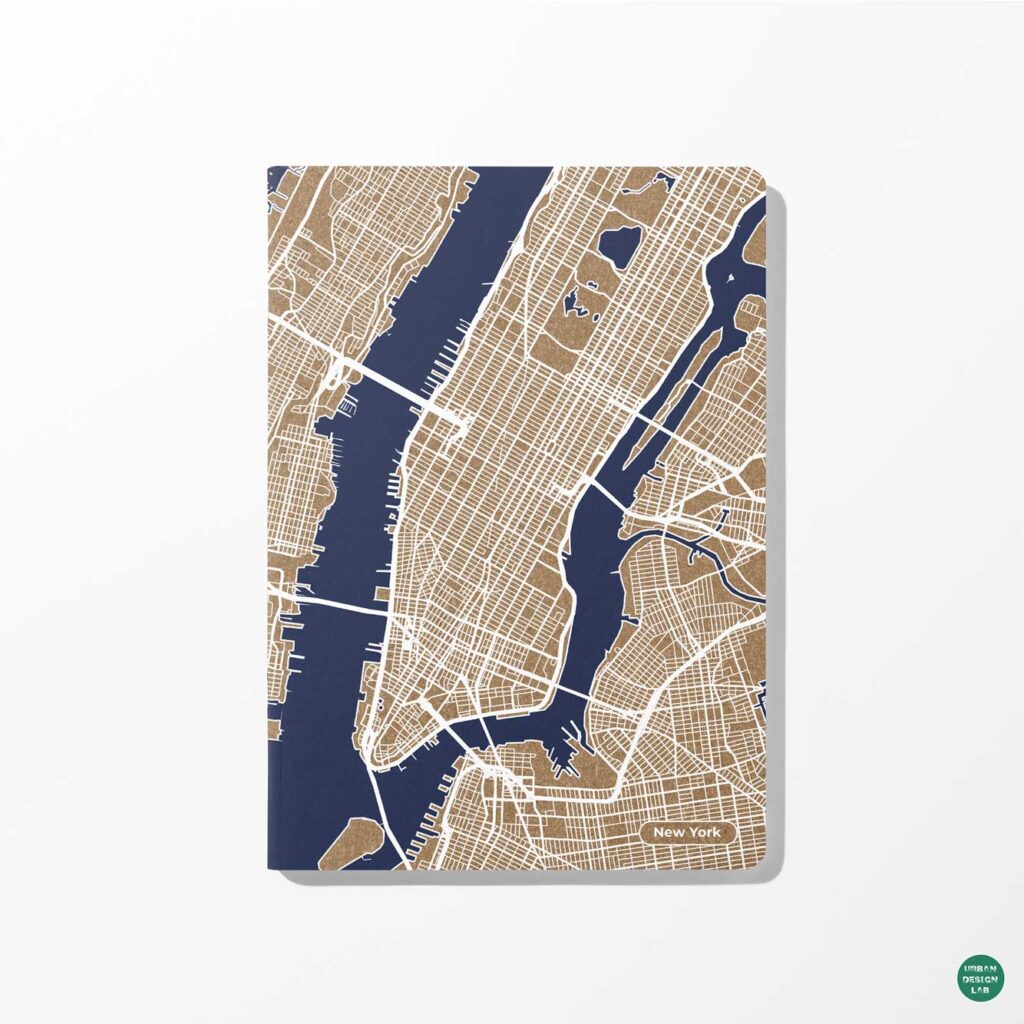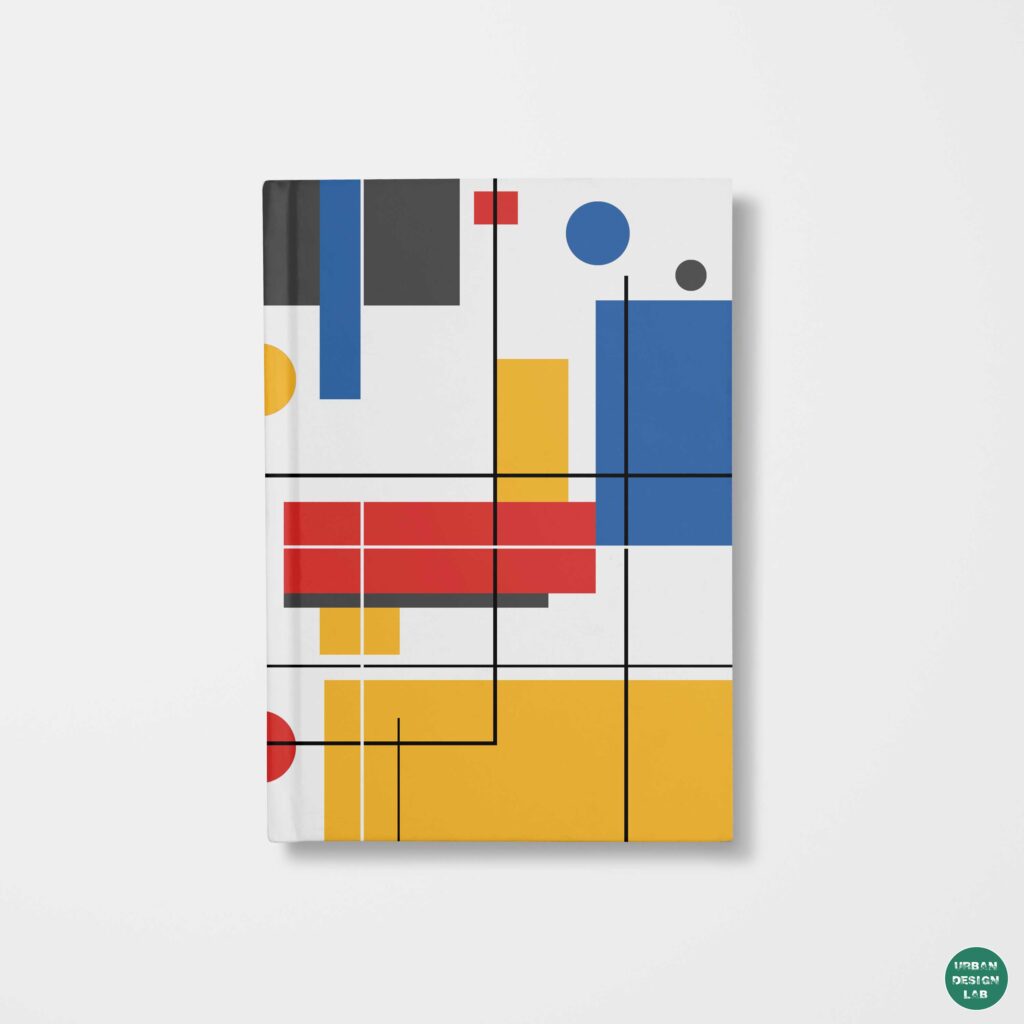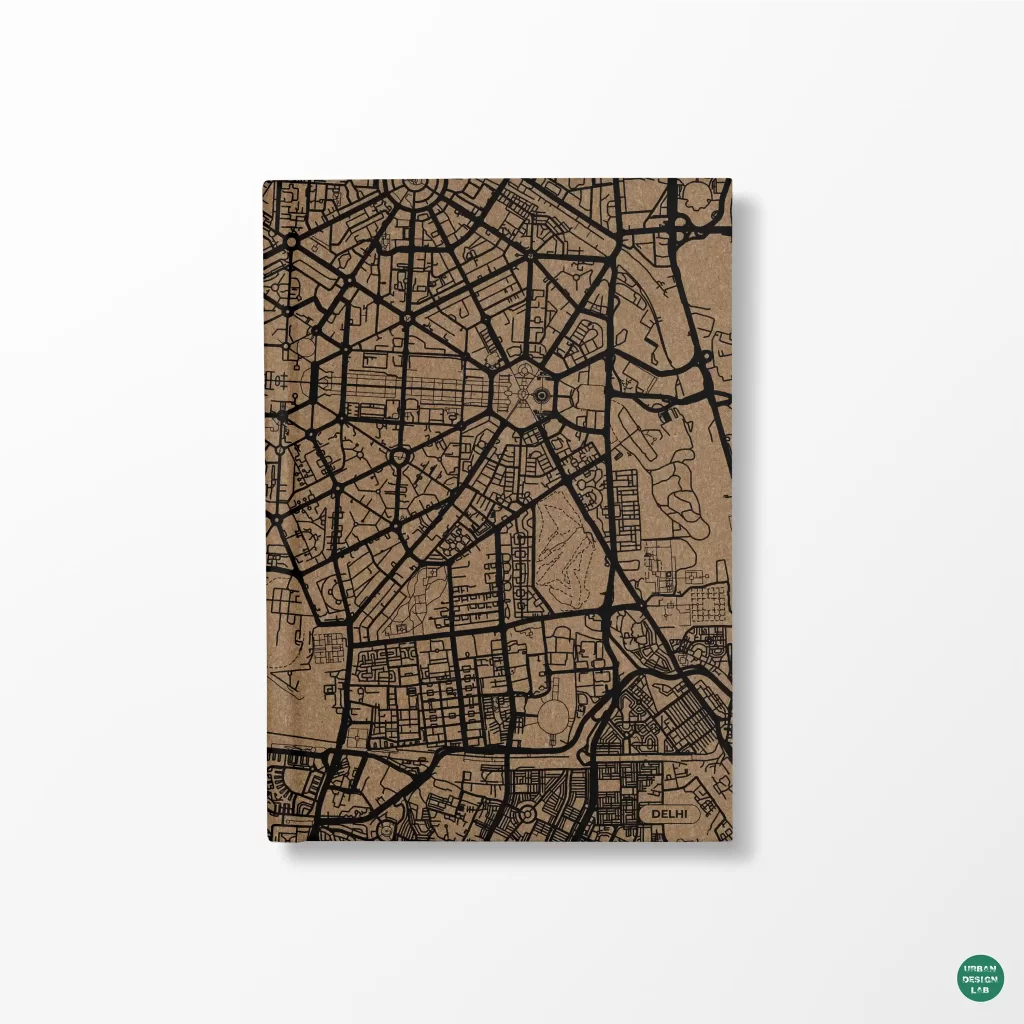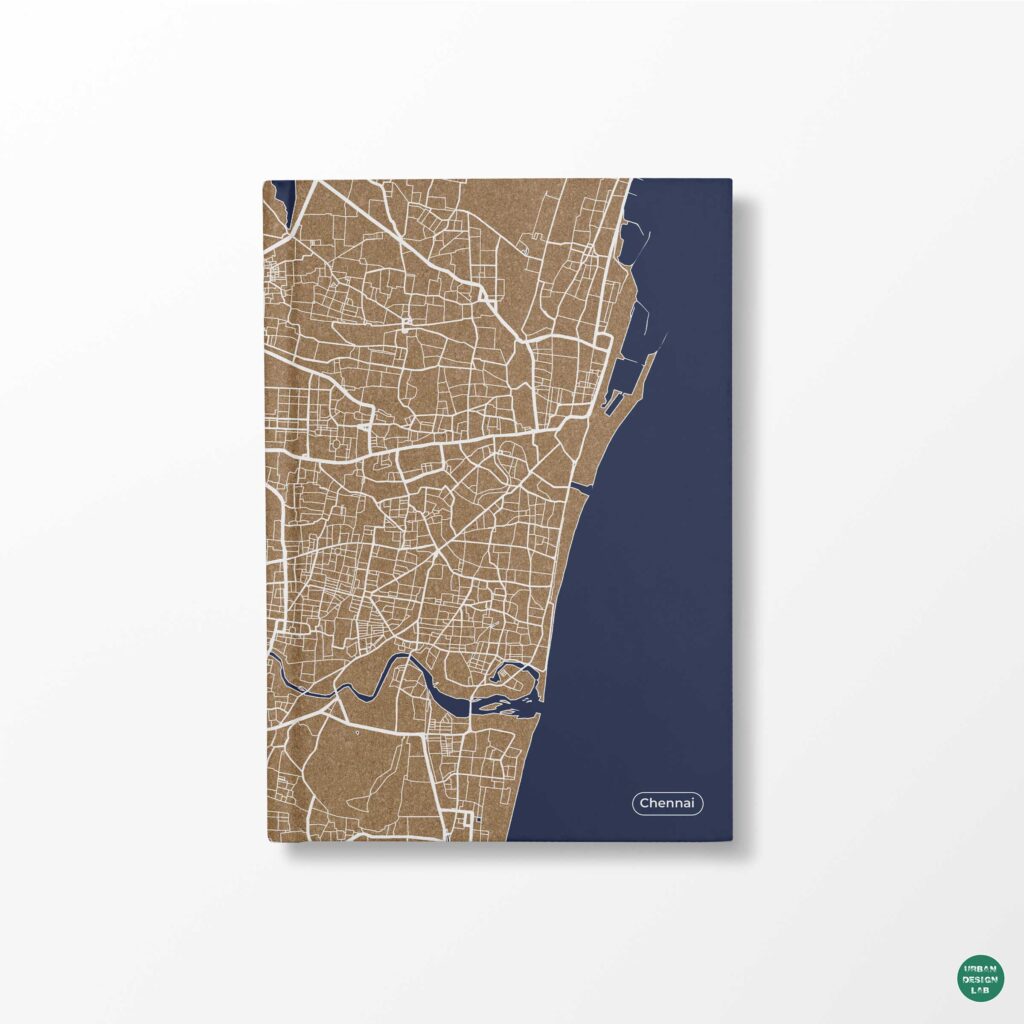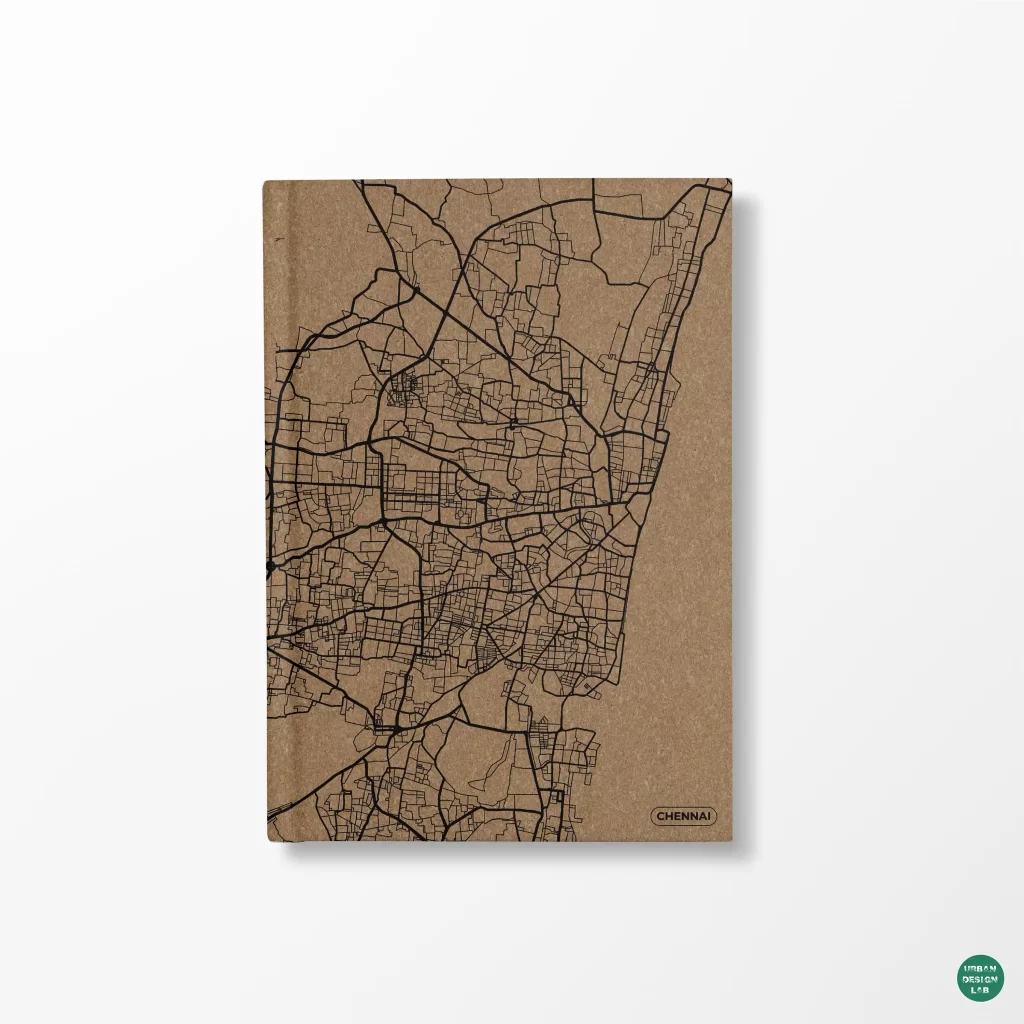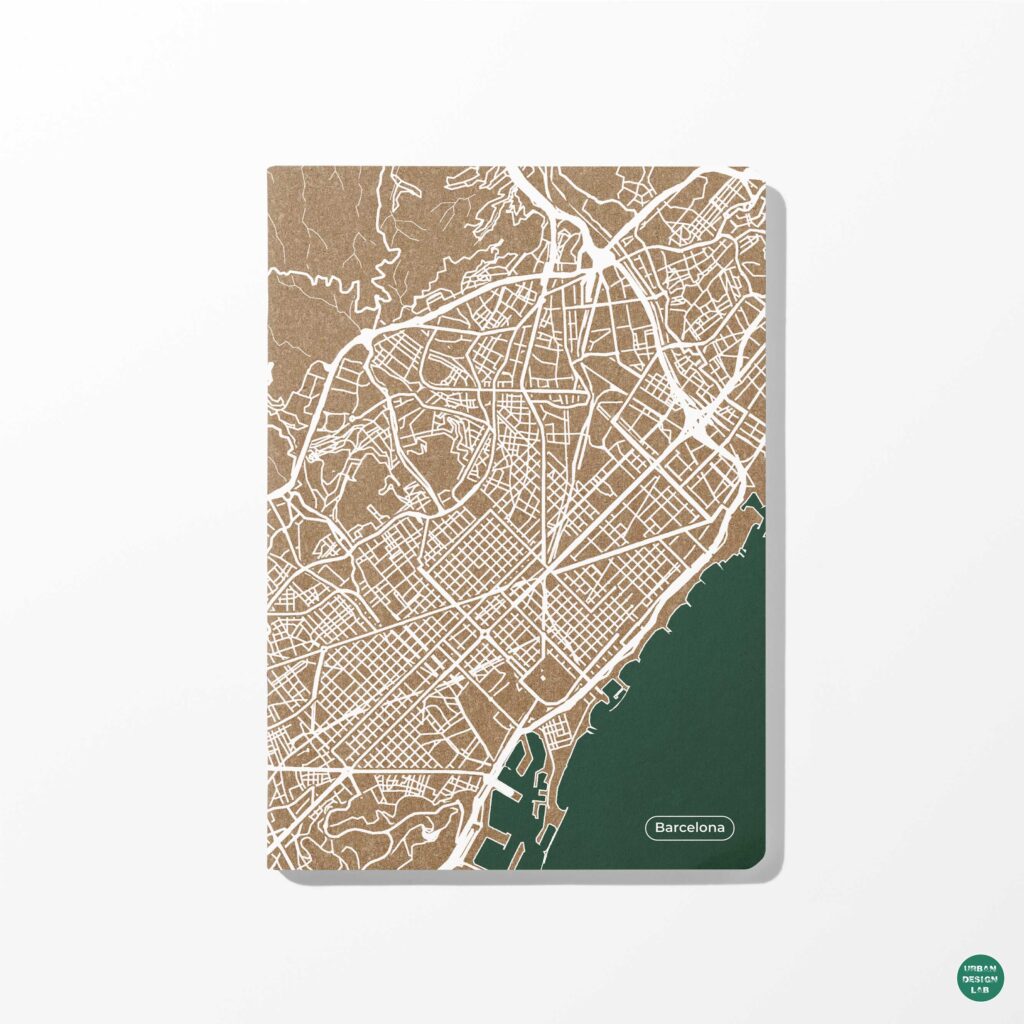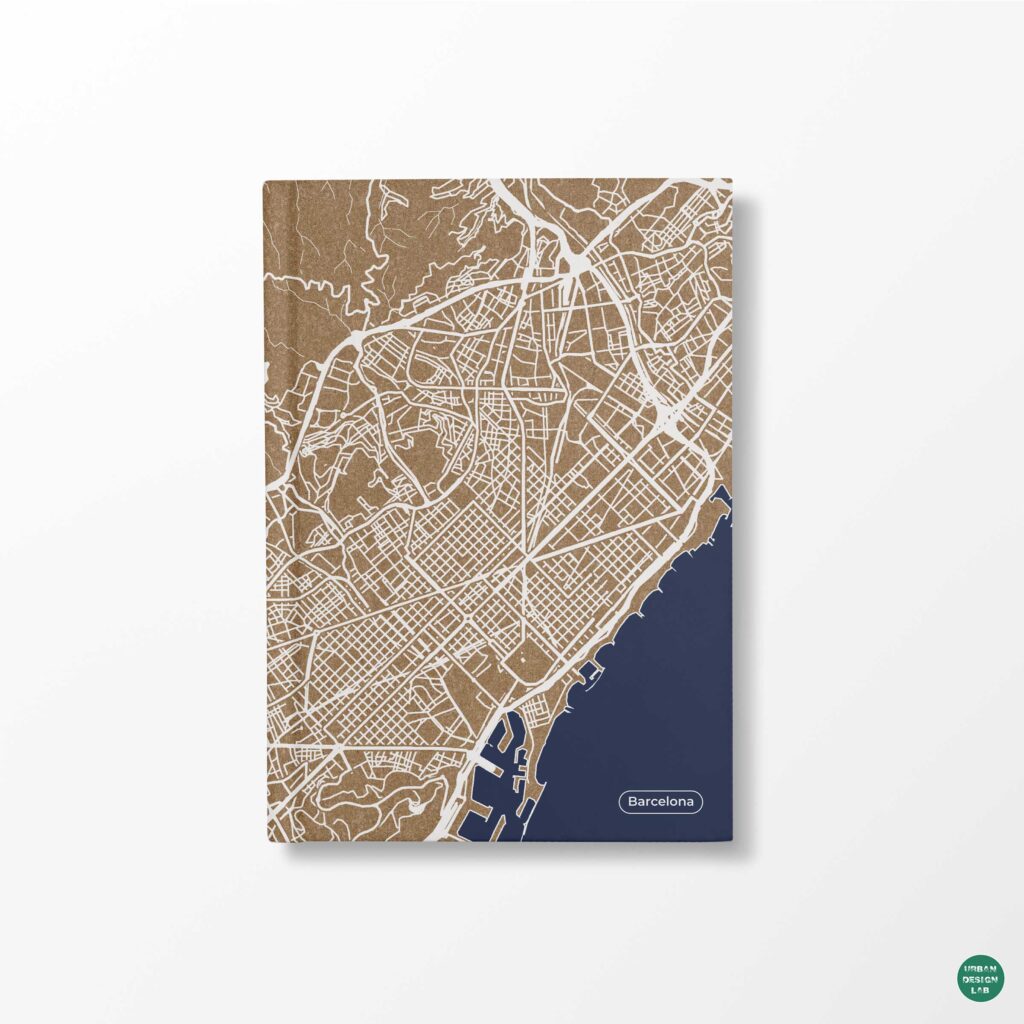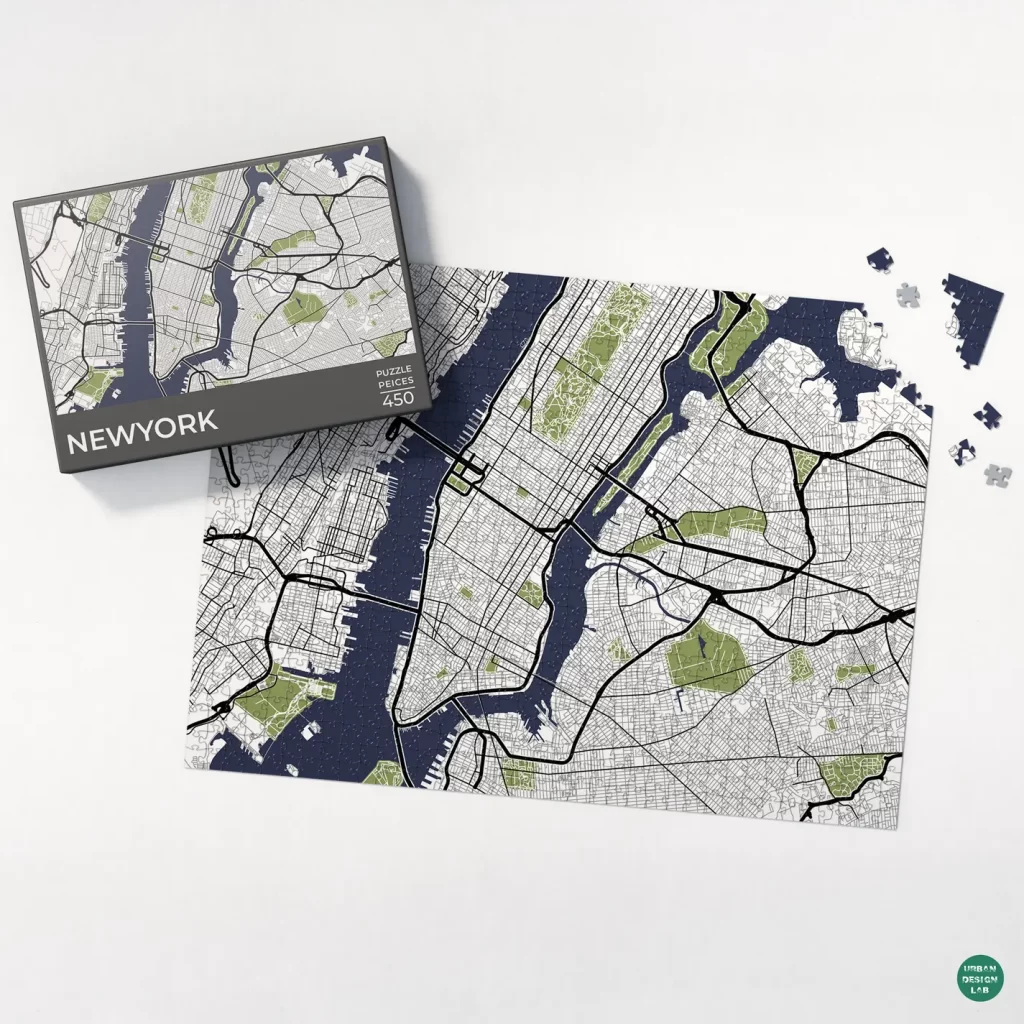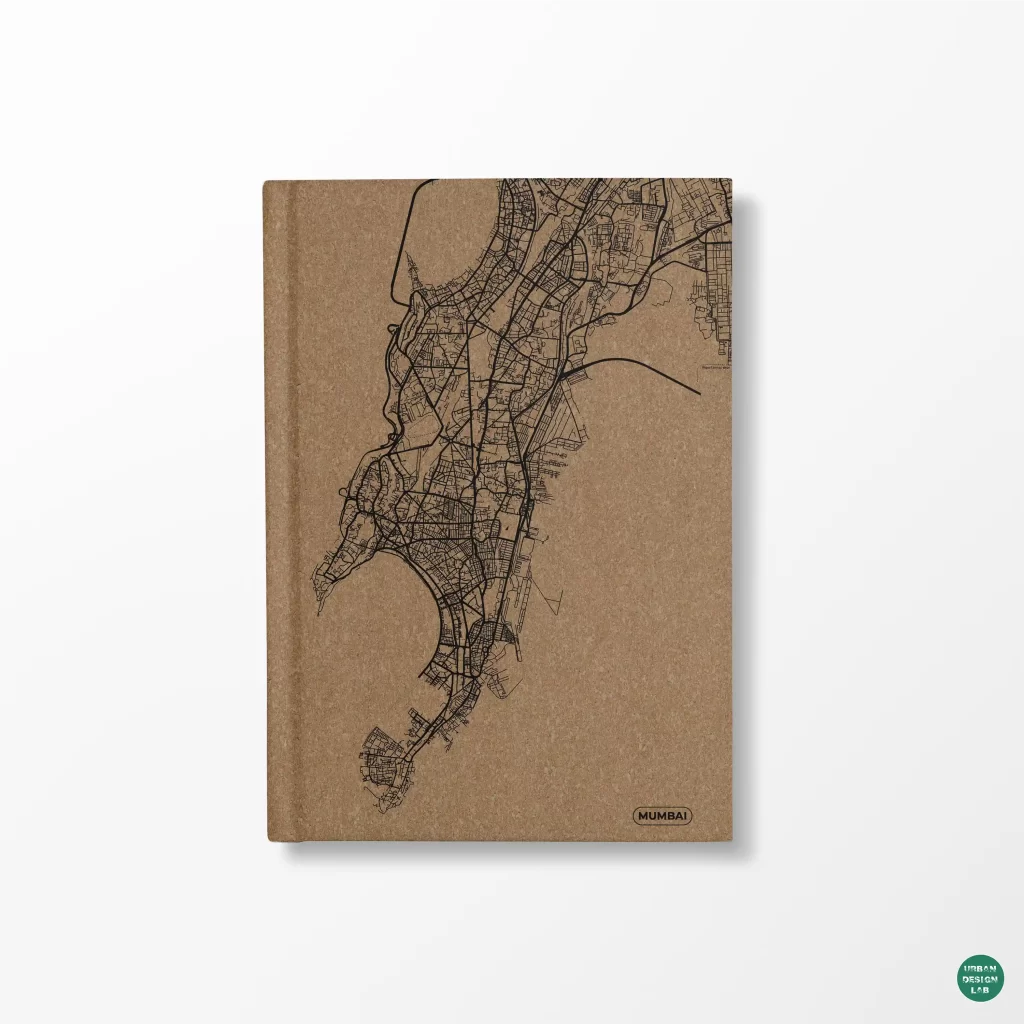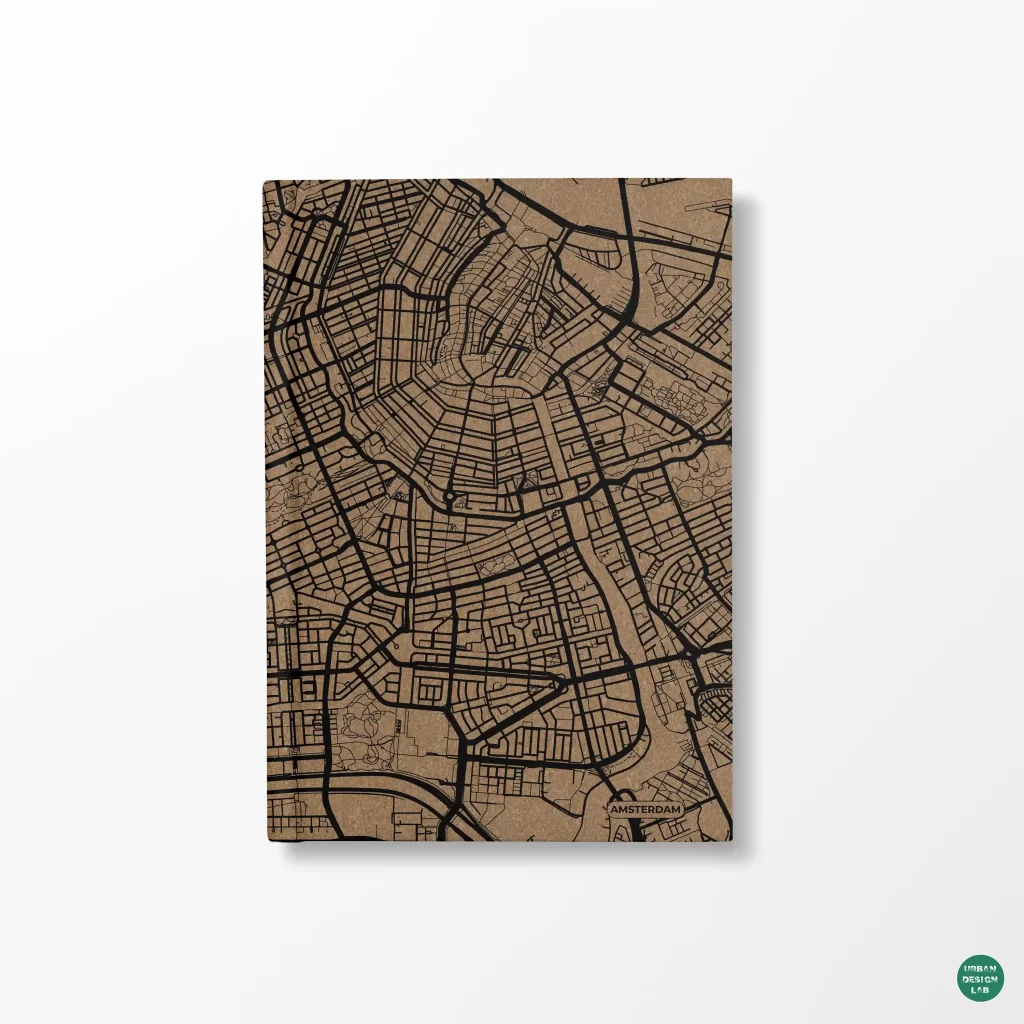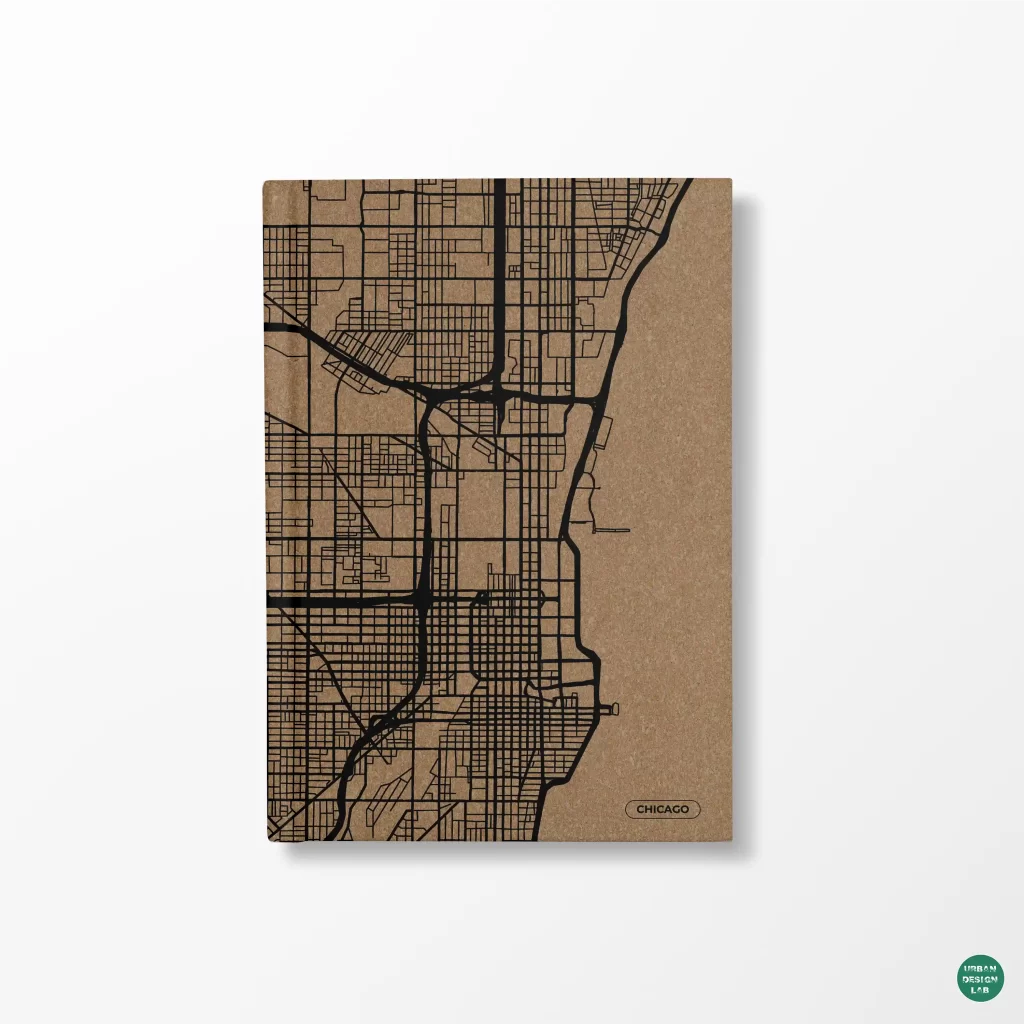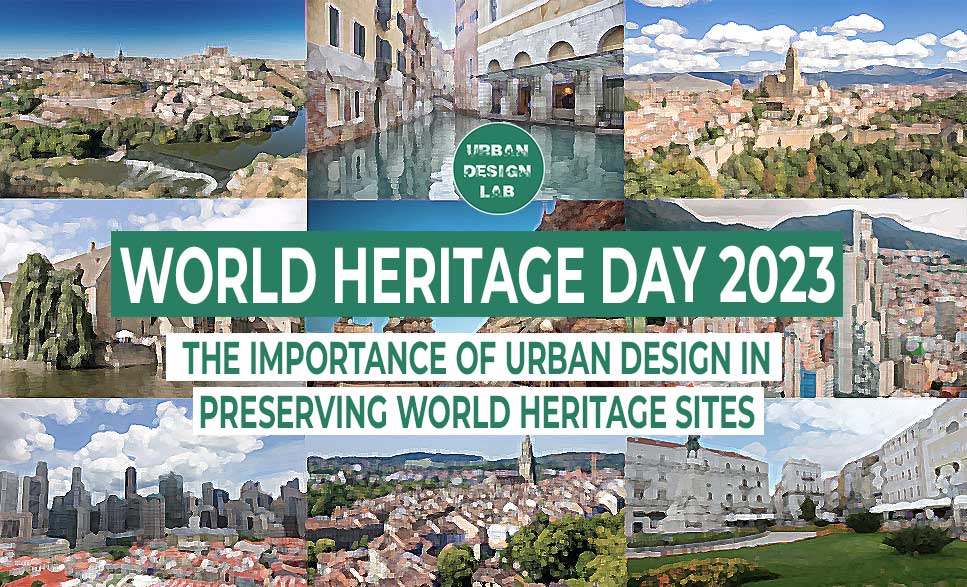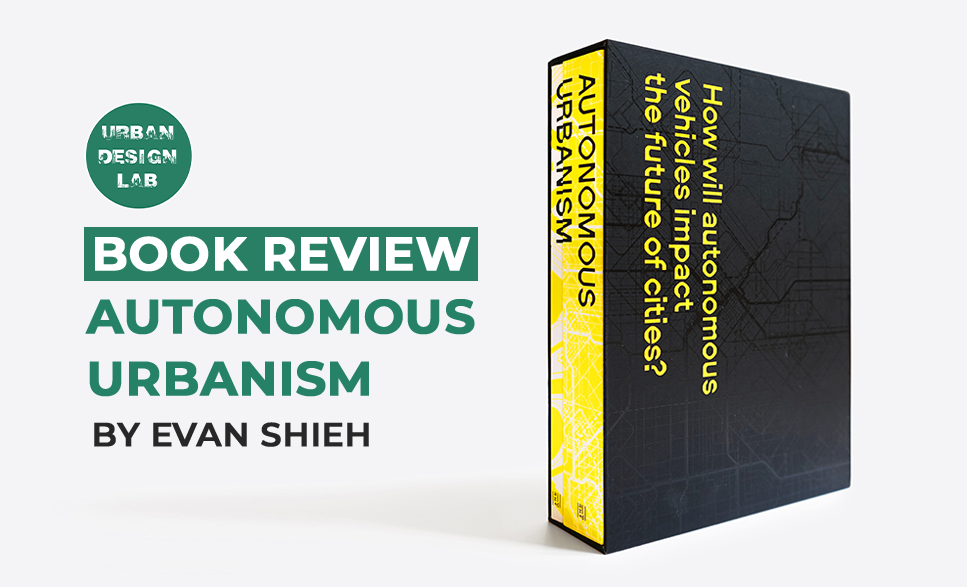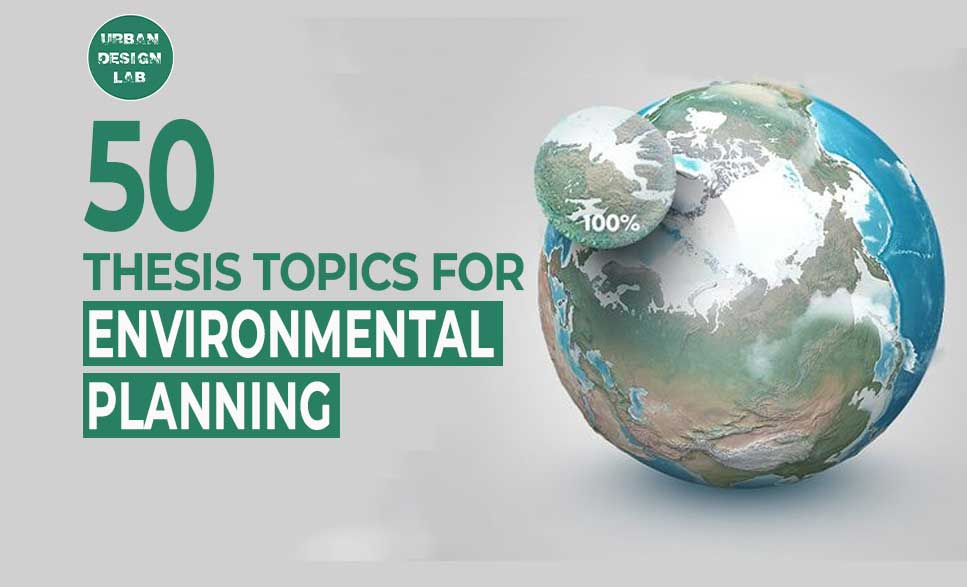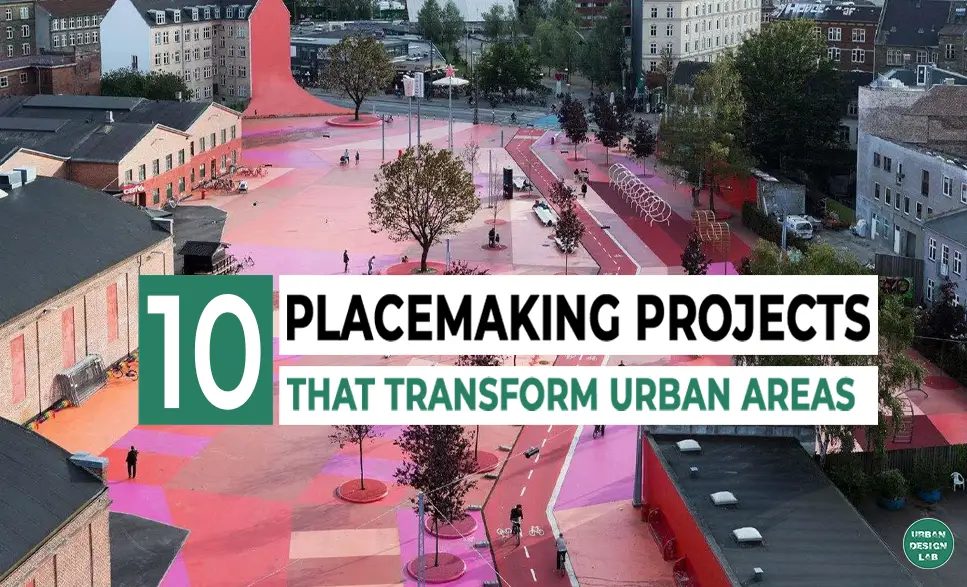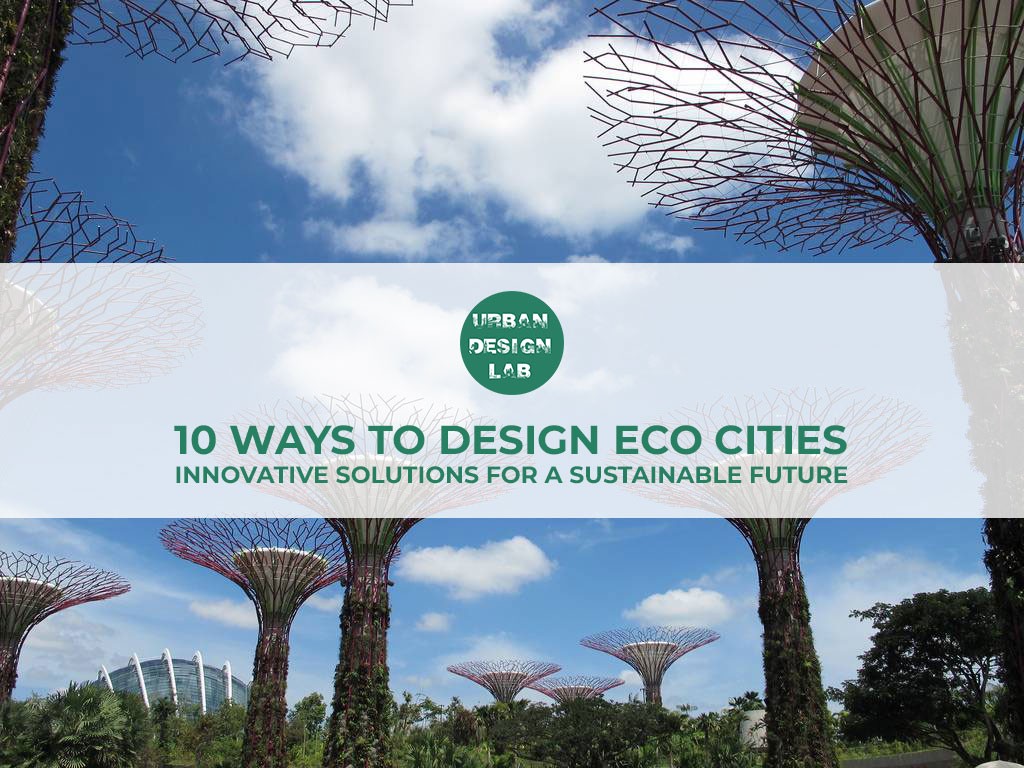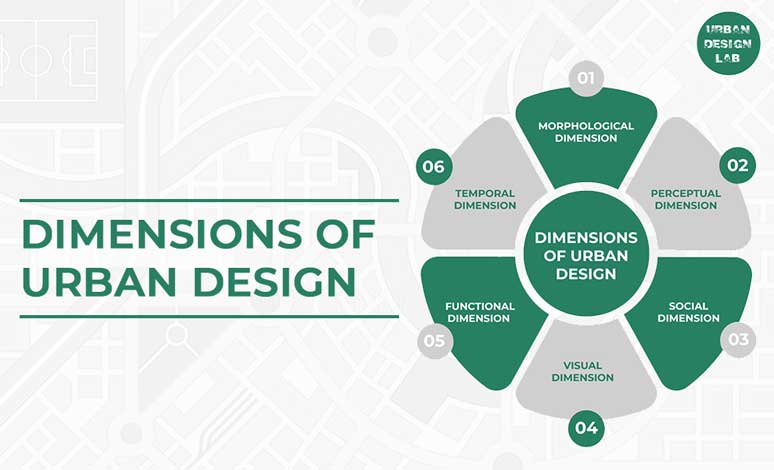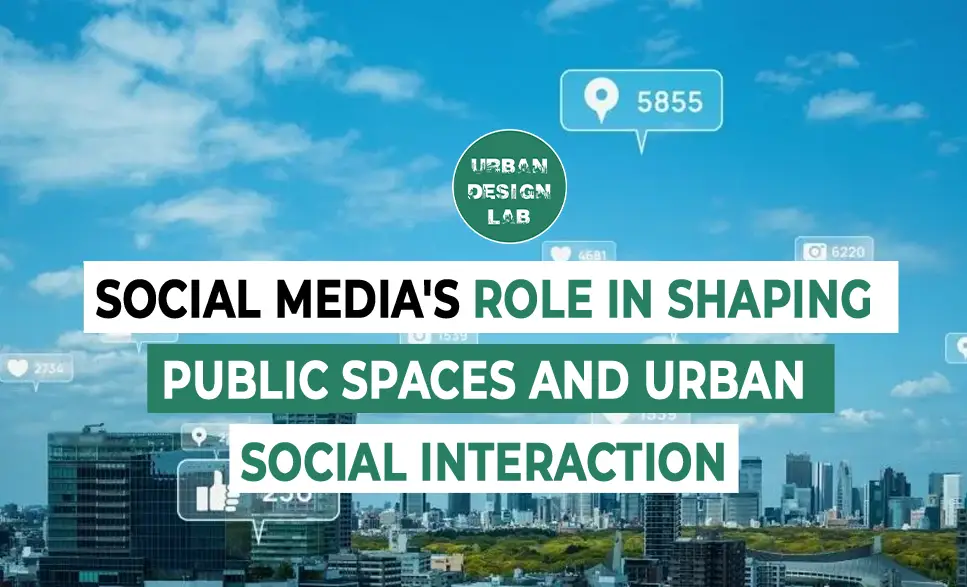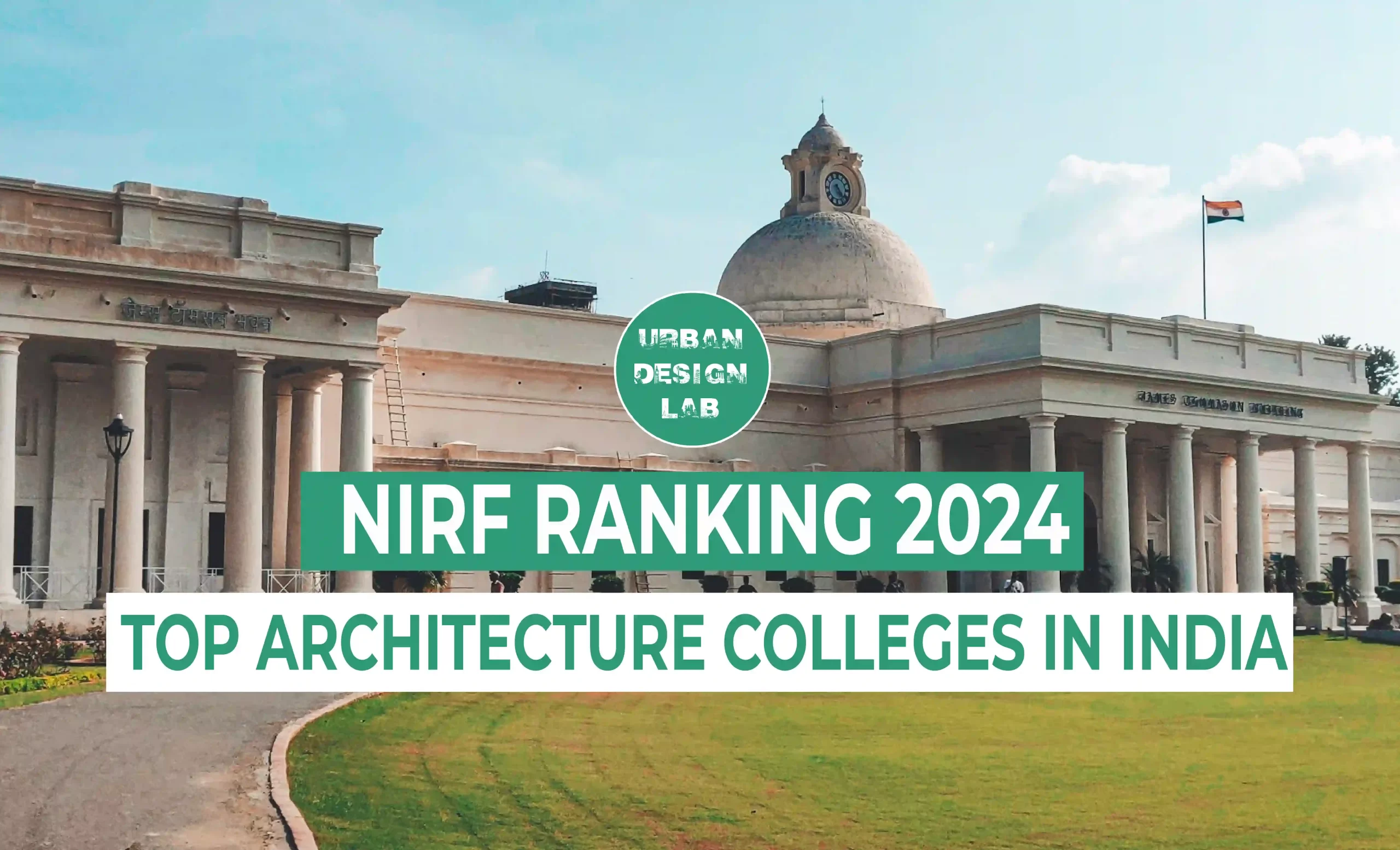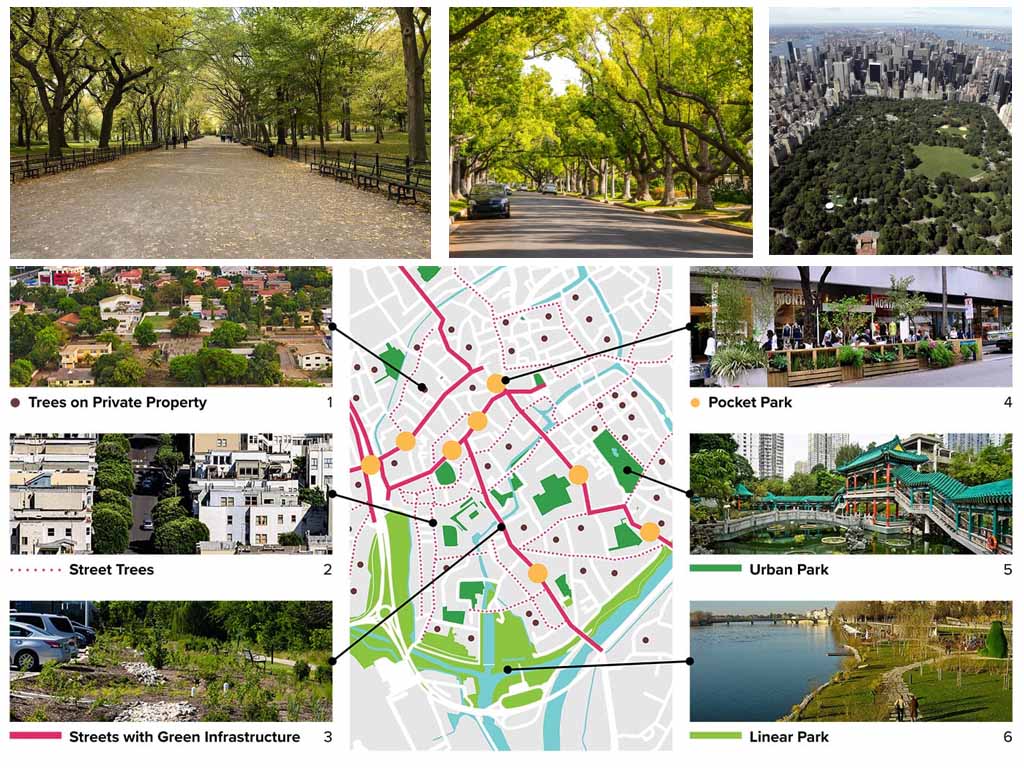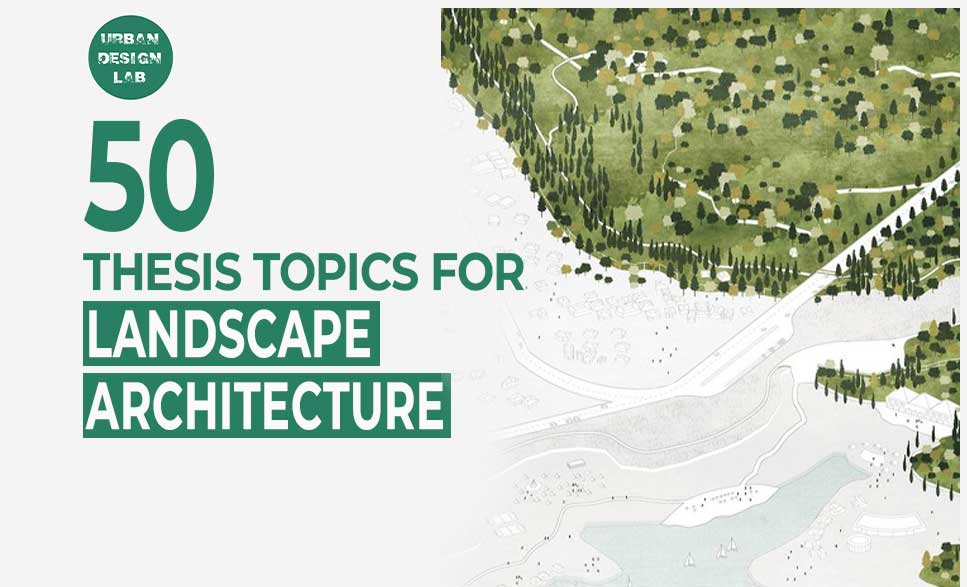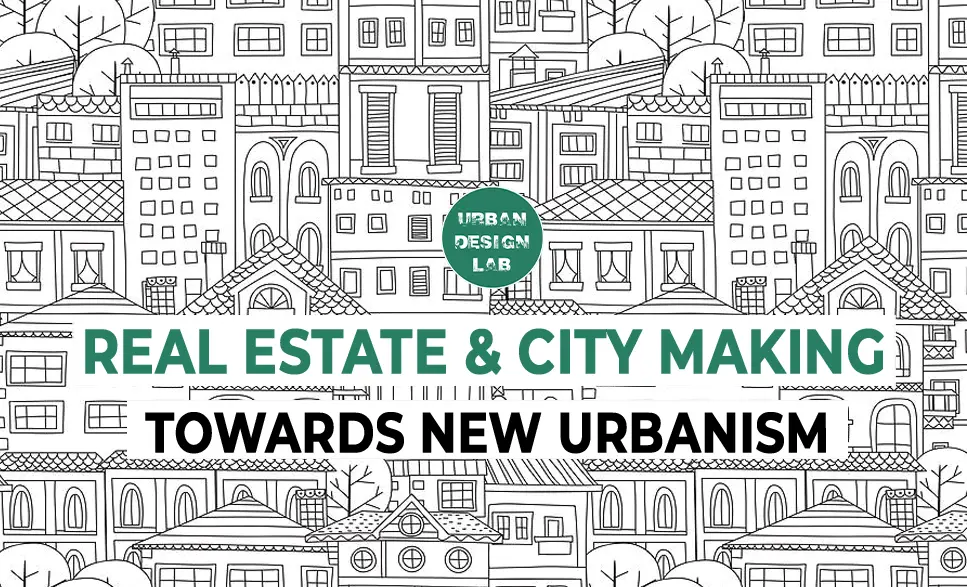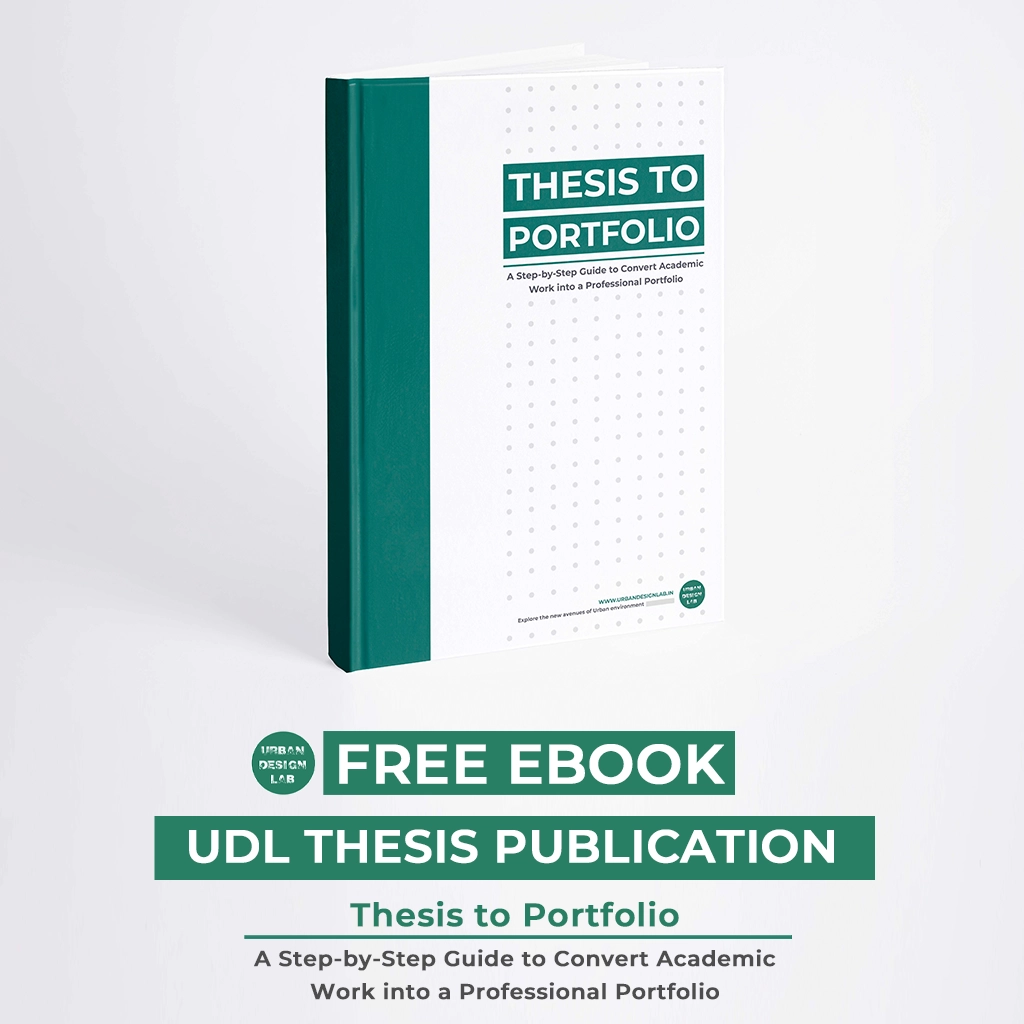
Beyond Smart Cities: The Triple Threat Reshaping Urban DNA (Blockchain + Twins + GenAI)
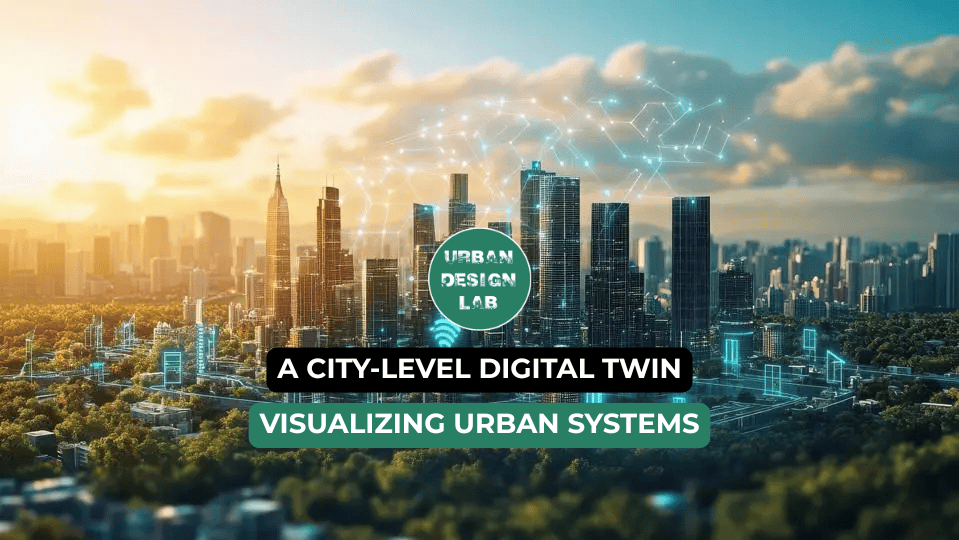
The concept of smart cities is rapidly evolving. Moving beyond basic automation and surveillance, the new wave of urban innovation is powered by three emerging technologies: Blockchain, Digital Twins, and Generative AI. Together, these tools are rewriting the way we plan, simulate, and govern cities.
Digital twins are real-time digital replicas of urban environments. From energy modeling to climate risk analysis, cities like Helsinki and Singapore are using them to test decisions before executing them in the real world. Blockchain brings transparency and accountability to land governance, participatory planning, and urban finance. Georgia and India have pioneered blockchain-based land records that reduce fraud and ensure public trust. Generative AI, on the other hand, allows planners and designers to simulate hundreds of zoning or layout possibilities in seconds, integrating data on everything from emissions to accessibility.
This article unpacks how these three forces are not just add-ons to city infrastructure but transformative tools that reshape urban DNA. It also addresses the challenges of ethics, algorithmic bias, and digital exclusion – warning that without equitable frameworks, these technologies may amplify the very inequalities they seek to solve.
Digital Twins: Simulating Cities in Real-Time
Digital twins create a live, dynamic mirror of urban systems by integrating real-time data from sensors, GIS models, and infrastructure. Cities like Helsinki have built comprehensive digital twins to visualize sunlight, zoning, and energy performance on a district scale. Singapore’s Virtual Singapore is a national-level twin that aids in simulating urban resilience scenarios such as flooding and population density. These twins allow urban planners to forecast impacts before making expensive, irreversible changes. The technology bridges the gap between data and decision-making, enabling simulations of infrastructure, mobility, and environmental shifts with high precision.
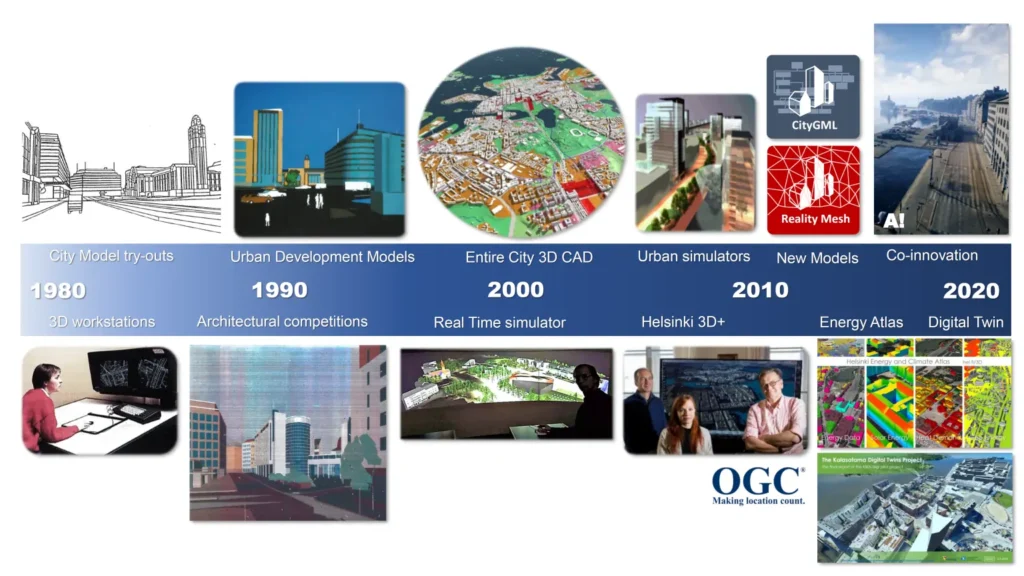
Source: Website Link
Blockchain: Unlocking Trust in Urban Governance
Blockchain technology decentralizes and secures data, making it highly applicable to urban governance. Georgia was the first country to fully digitize its land registry using blockchain, drastically reducing property disputes. In India, blockchain has been piloted to track housing subsidies and tenant agreements, ensuring transparency in urban housing schemes. Blockchain can also support participatory planning by hosting verifiable e-voting systems, public contracts, and subsidy tracking. It enables tamper-proof, transparent, and traceable urban processes, reducing corruption and making governance more accountable.
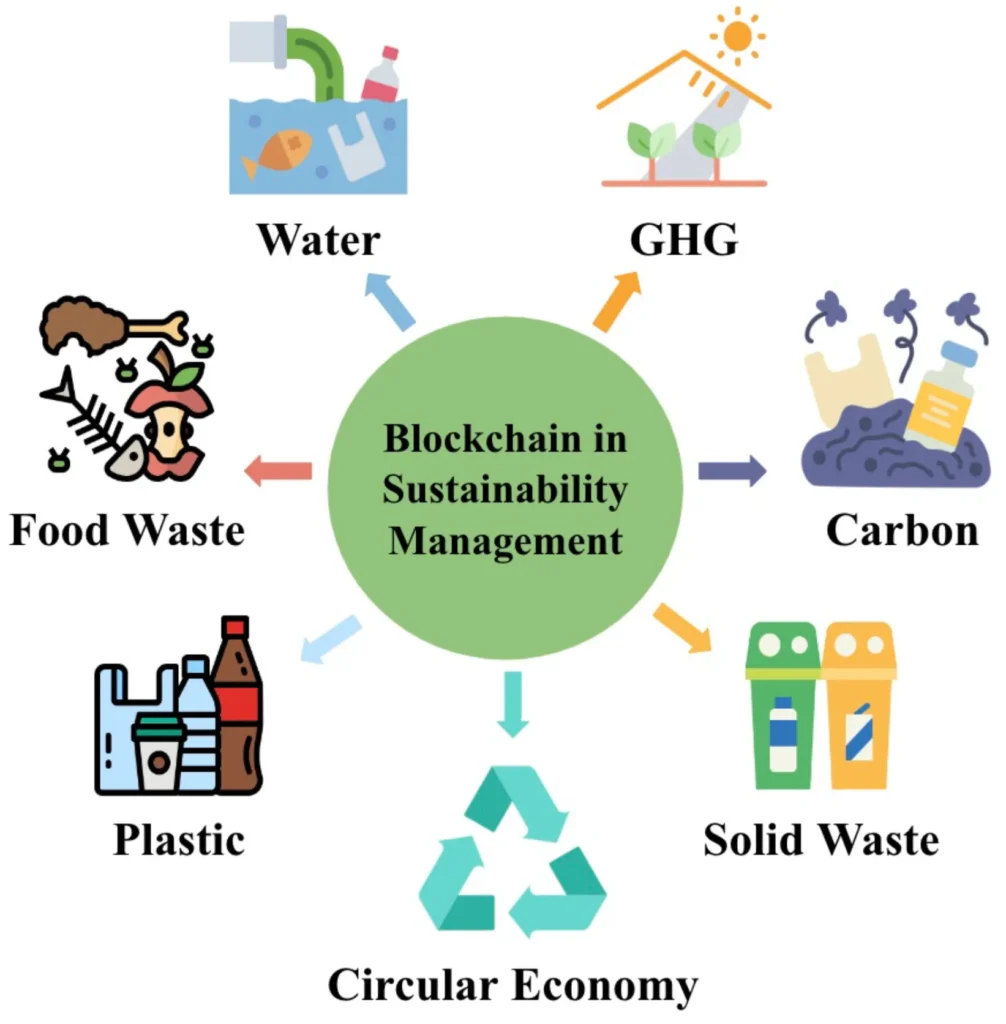
Source: Website Link
Generative AI: Designing Better, Faster, Smarter
Generative AI uses neural networks and datasets to propose design solutions based on user-defined criteria. Tools like Autodesk Forma and DeepMind’s AI-driven spatial modeling can generate optimal urban layouts considering sunlight, wind, mobility, and population density. In China, such AI is being used to design new eco-districts with efficiency and environmental balance. It reduces time-consuming trial-and-error in zoning or site planning, making the design process more efficient. However, caution is needed: AI tools rely on training data that may carry biases. Without ethical oversight, they risk reinforcing existing inequalities in spatial access.
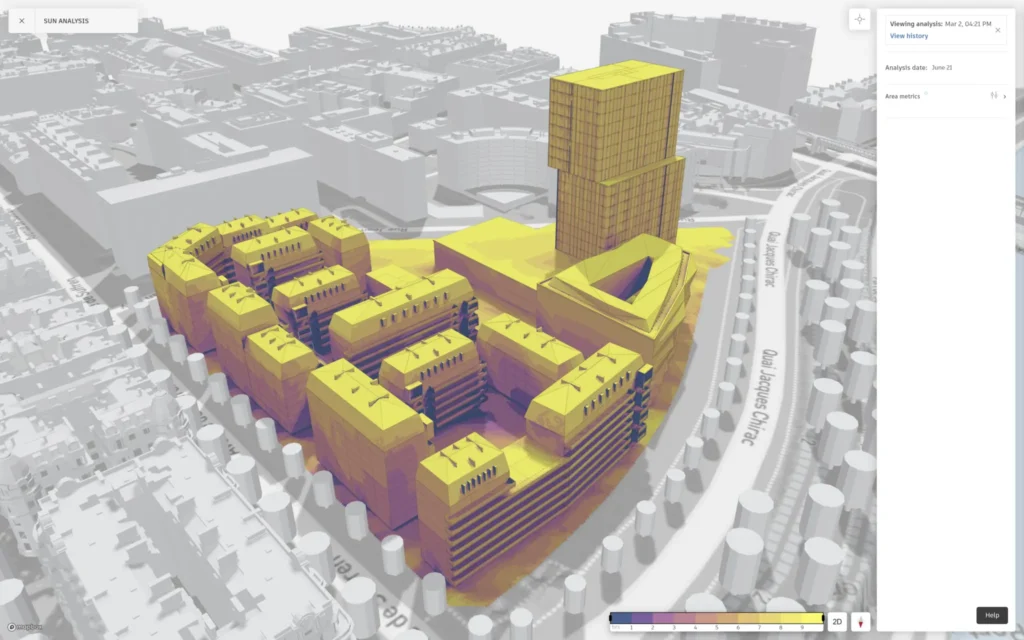
Source: Website Link
The Post-Smart City: Beyond Surveillance and Control
Traditional smart cities often focused on efficiency, sensors, and centralized control—sometimes criticized for promoting surveillance and top-down decision-making. The new paradigm is decentralized, inclusive, and user-responsive. With blockchain ensuring transparency, AI enhancing design speed, and digital twins offering feedback loops, planners can better co-create cities with communities. This shift repositions citizens not as passive users, but as active data contributors and stakeholders in the urban process. Technology now enables participation, but equity must remain at the core.
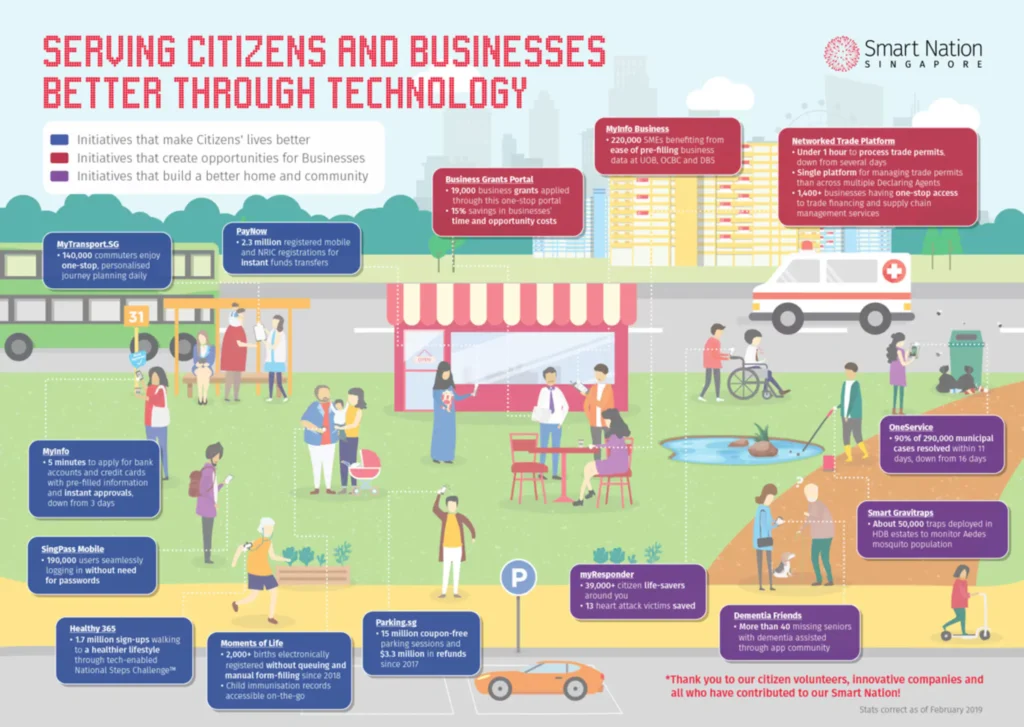
Source: Website Link
Risks and Ethical Challenges in Tech-Driven Urbanism
While promising, these technologies raise serious questions. Who owns the data? Who trains the AI? And who is left out? Digital exclusion is a major concern, especially in the Global South where access to tech infrastructure varies widely. AI models can inherit racial, gender, and income biases if not regulated. Blockchain’s energy use can be environmentally taxing if not optimized. The challenge is to develop governance frameworks and ethical design protocols that ensure transparency, representation, and sustainability at every level of urban tech deployment.
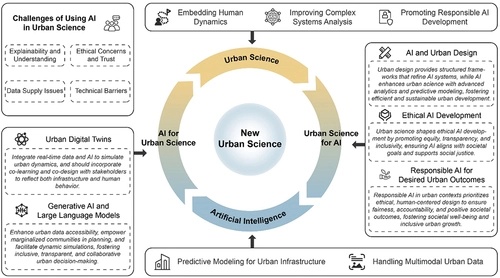
Source: Website Link
Conclusion
The convergence of blockchain, digital twins, and generative AI represents a major leap forward in urban evolution. These aren’t isolated technologies—they are interlinked systems that can redefine how cities are designed, managed, and lived in. The post-smart city future will be interactive, decentralized, and data-rich—but also carries the risk of exclusion, bias, and control if not ethically managed. The path forward lies in balancing innovation with equity, transparency, and participation. Urban technology must be a tool for justice, not just efficiency.
References
- World Economic Forum. (2020). Blockchain and the future of cities. https://www.weforum.org/agenda/2020/12/blockchain-cities-urban-planning
- Smart Nation Singapore. (2022). Virtual Singapore. https://www.smartnation.gov.sg
- Autodesk. (2023). Forma: AI-driven design platform. https://www.autodesk.com/forma
- MyHelsinki. (2021). Digital Twin Helsinki. https://www.myhelsinki.fi
- DeepMind. (2023). AI for Urban Design. https://deepmind.com/blog
- Urban Land Institute. (2022). Digital Tools in Urban Planning. https://urbanland.uli.org
- Cities Today. (2023). Blockchain in public governance. https://cities-today.com/blockchain-and-the-future-of-cities
- Sidewalk Labs. (2020). Lessons from Toronto’s digital master plan. https://www.sidewalklabs.com
- TWI Global. (2022). What is a Digital Twin?. https://www.twi-global.com/technical-knowledge/faqs/what-is-a-digital-twin
- Esri. (2023). Urban analytics with GIS. https://www.esri.com/en-us/arcgis/products

Muhammad Ovais Kashif
About the author
Muhammad Ovais Kashif is an architecture graduate from Özyeğin University, Istanbul, currently working as a research intern at Urban Design Lab. His experience spans residential, commercial, and urban-scale projects, with a growing interest in ecological urbanism, biomimicry, and multi-scalar thinking. Ovais explores how emerging technologies can intersect with inclusive design, especially in post-human and multi-species urban contexts. He aims to contribute meaningfully to discourse at the intersection of critical theory, materiality, and spatial justice through research and writing.
Related articles


Architecture Professional Degree Delisting: Explained
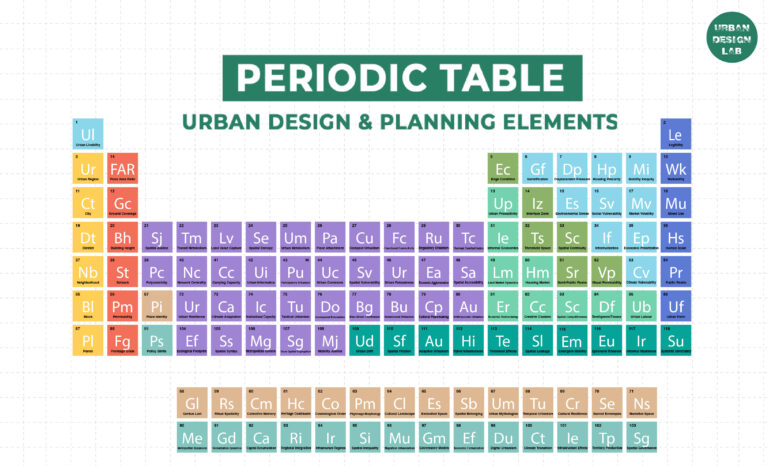
Periodic Table for Urban Design and Planning Elements
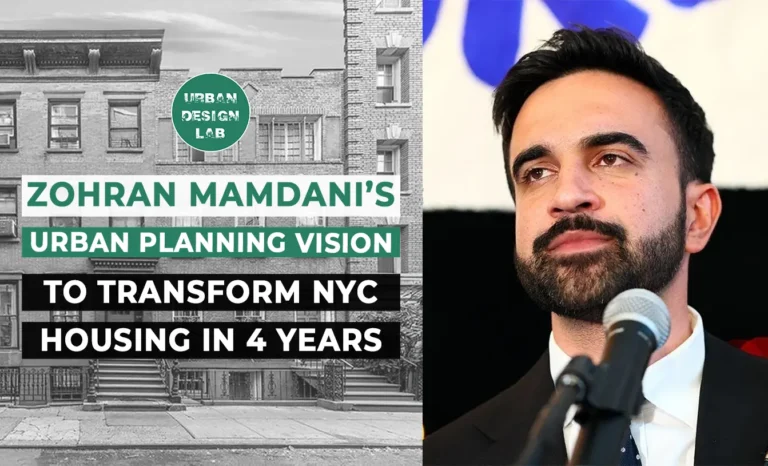
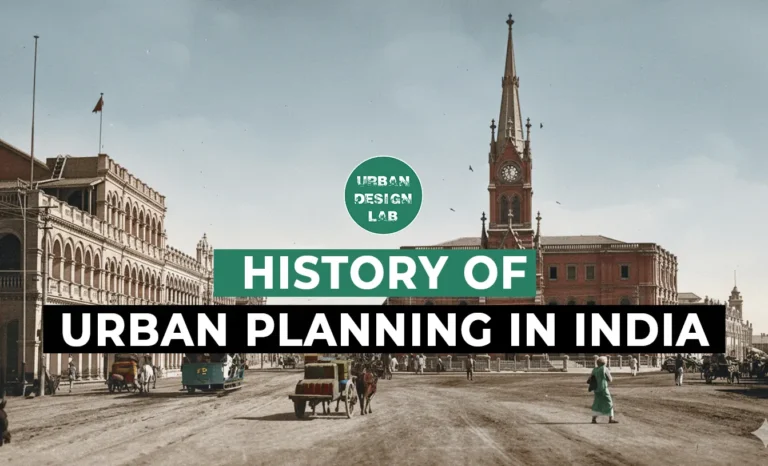
History of Urban Planning in India
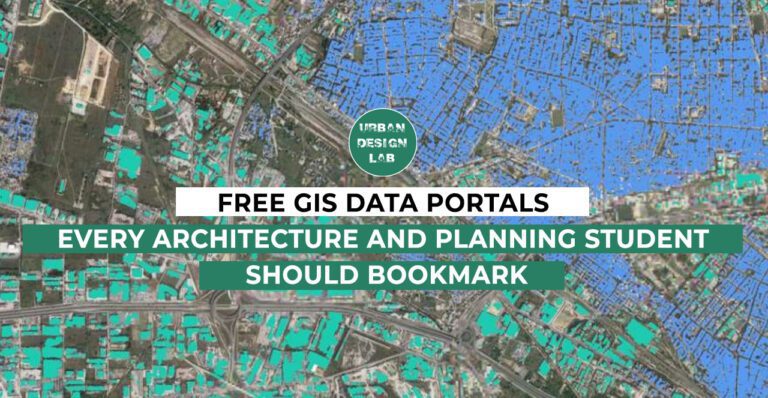
UDL GIS
Masterclass
GIS Made Easy – Learn to Map, Analyse, and Transform Urban Futures
Session Dates
23rd-27th February 2026

Urban Design Lab
Be the part of our Network
Stay updated on workshops, design tools, and calls for collaboration
Curating the best graduate thesis project globally!

Free E-Book
From thesis to Portfolio
A Guide to Convert Academic Work into a Professional Portfolio”
Recent Posts
- Article Posted:
- Article Posted:
- Article Posted:
- Article Posted:
- Article Posted:
- Article Posted:
- Article Posted:
- Article Posted:
- Article Posted:
- Article Posted:
- Article Posted:
Sign up for our Newsletter
“Let’s explore the new avenues of Urban environment together “

